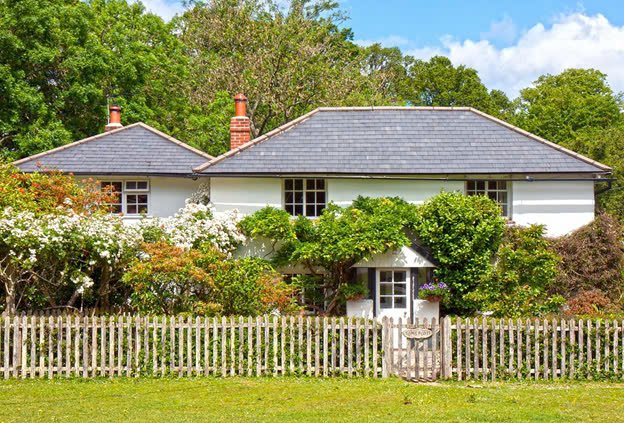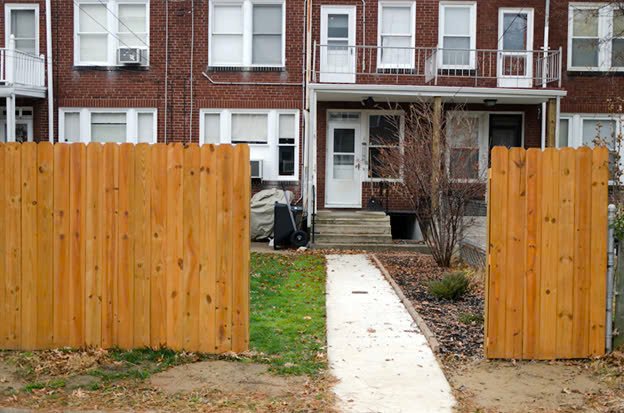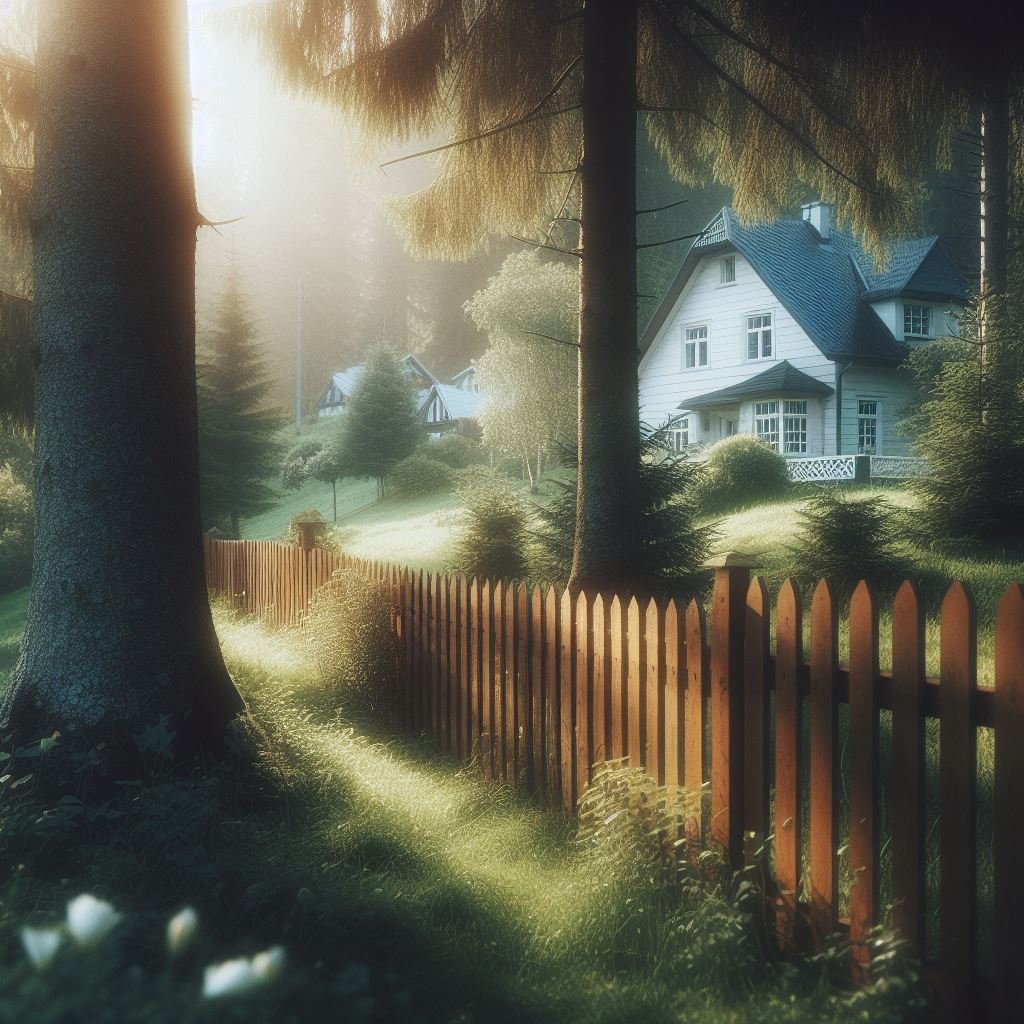The Ultimate Guide to Choosing the Perfect Fence for Your Home
Discover the best fencing options for your home with this ultimate guide. Learn about styles, materials, and key factors to consider for the perfect choice!
A good fence can make your home look better, keep you safe, and give you more space. It's very important to pick the right wall, the fact that you want to keep your pets safe, turn your backyard into a peaceful retreat, or just show where your property ends. It can be hard to make the right choice when there are so many materials and styles to choose from. This guide will show you the most important things you should think about when picking out a fence for your house.
Factors to Consider Before Choosing a Fence
Before selecting a fence, it's important to identify your primary needs and constraints. Here are some factors to keep in mind:
● Purpose: Are you installing a fence for privacy, security, aesthetics, or all of the above? Identifying your main goal will help narrow down your options.
● Budget: Fences can range from affordable chain-link options to high-end wrought iron or stone walls. Setting a budget will help you determine the best material within your price range.
● Local Regulations: Many areas have zoning laws and HOA regulations regarding fence height, material, and placement. Be sure to check these before making a decision.
● Climate Considerations: If you live in an area with harsh winters, heavy rainfall, or strong winds, choose a durable fence material that can withstand the elements.
● Maintenance Requirements: Some fences require regular upkeep, such as painting and sealing, while others are virtually maintenance-free. Consider how much time and effort you're willing to invest in maintenance.
Popular Types of Fences
There are several fence materials to choose from, each with its own pros and cons. Here’s a breakdown of the most popular types:
1. Wood Fences
Wood is a classic and versatile fencing material that offers privacy and a natural look. It’s available in various styles, from picket to board-on-board designs. However, wood fences require regular maintenance, including staining or painting, to prevent rot and insect damage.
2. Vinyl Fences
Vinyl fencing is an excellent low-maintenance alternative to wood. It’s durable, resistant to weather conditions, and comes in a variety of colors and styles. While the upfront cost is higher than wood, vinyl requires little upkeep, making it a cost-effective option in the long run.
3. Metal Fences (Aluminum, Steel, and Wrought Iron)
Metal fences offer a sleek and elegant look while providing excellent security. Wrought iron is particularly strong but requires maintenance to prevent rust. Aluminum, on the other hand, is rust-resistant and requires minimal upkeep.
4. Chain-Link Fences
If affordability and functionality are your main concerns, a chain-link fence may be the best choice. While not the most aesthetically pleasing, chain-link fences are durable and cost-effective. Adding privacy slats or surrounding them with greenery can enhance their appearance.
5. Composite Fences
Made from a blend of wood fibers and plastic, composite fences provide the appearance of wood without the high maintenance. They are resistant to rot, insects, and weather damage, making them a durable option.
6. Bamboo Fences
For an eco-friendly and stylish option, bamboo fences offer a unique and natural aesthetic. They are best suited for warm climates and require occasional sealing to maintain their durability.
7. Masonry Fences (Brick, Stone, and Concrete)
Masonry fences are long-lasting and provide a high-end look. They offer superior privacy and sound insulation but can be expensive and require professional installation.
Matching Your Fence to Your Home’s Style
Your fence should complement the architectural style of your home. For example:
● A traditional colonial home pairs well with a white picket or wrought iron fence.
● A modern home may look best with sleek metal or composite fencing.
● Rustic homes can be enhanced with wooden or split-rail fences.
● Customizing your fence with decorative elements like lattice panels, post caps, or unique colors can further enhance its appeal.
Installation: DIY vs. Professional Services
While some homeowners may opt for a DIY installation, hiring professionals ensures a sturdy, well-built fence. Fence installation in Connecticut requires knowledge of local zoning laws, property boundaries, and proper installation techniques. A professional contractor can save you time and effort while ensuring a high-quality result.
Fence Maintenance and Longevity
Keeping your fence in good condition extends its lifespan. Here are some maintenance tips:
● Wood Fences: Regularly seal or paint to prevent moisture damage.
● Vinyl Fences: Clean with soap and water to remove dirt and mildew.
● Metal Fences: Apply rust-resistant coatings and check for corrosion.
● Composite Fences: Occasionally rinse with water to maintain their appearance.
● Inspect your fence regularly for loose posts, cracks, or signs of damage, and address issues promptly to prevent costly repairs.
Legal and Neighborhood Considerations
Before installing a fence, ensure you understand property lines to avoid disputes with neighbors. Some areas may require permits, so check with your local municipality before starting construction. If you share a fence with a neighbor, it’s a good idea to discuss design and cost-sharing options beforehand.
Final Tips and Conclusion
To choose the right fence, consider its appearance, functionality, budget, and maintenance. There is a fence for everyone, either if you want protection, safety, or just something nice to look at. It takes time and planning to build a fence that looks good from the street and lasts for years. A well-chosen fence is an investment in your home’s value and functionality. Make a smart choice, and then enjoy the benefits of a beautifully enclosed home!



